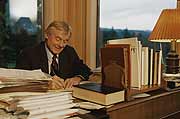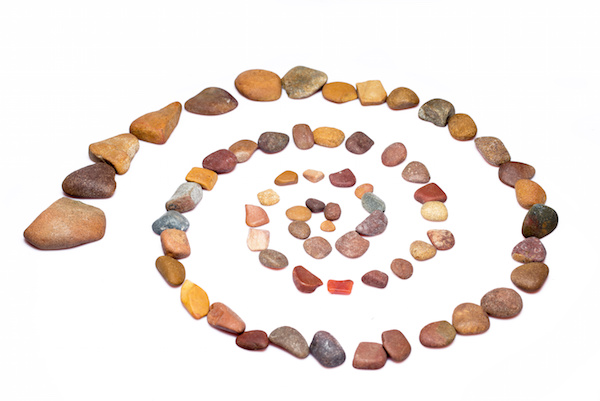
SATURDAY, Aug. 17 (HealthDay News) — Having an organized workspace seems to encourage positive behaviors such as generosity, while a messy office may promote creative thinking and stimulate new ideas, according to new research.
For the study, researchers asked volunteers to fill out some questionnaires in an office. Some did the task in a clean and orderly office and others did it in an untidy room, with papers and office supplies strewn about.
After completing the questionnaires, the participants were allowed to take a candy bar or an apple on their way out and also were given an opportunity to donate to a charity.
Being in tidy surroundings seemed to encourage people to do what was expected of them, said study author Kathleen Vohs, a psychological scientist at the University of Minnesota. The participants who were in the clean office were more likely to donate more to charity and to choose the apple over the candy bar, the University of Minnesota researchers said.
But the investigators believed that a messy office might have some benefits, too. They conducted another experiment in which participants were asked to come up with new ways to use ping pong balls.
People who did this in either the cluttered or tidy office came up with the same number of ideas for using ping pong balls. However, the ideas generated by those working in the messy office were considered more interesting and creative, according to the study, which was published in the Aug. 1 online edition of the journal Psychological Science.
“Being in a messy room led to something that firms, industries and societies want more of: creativity,” Vohs said.
The researchers also found that, given a choice between a new or established product, people in the the messy office were more likely to prefer the new item while those in the tidy office preferred the established product.
“Disorderly environments seem to inspire breaking free of tradition, which can produce fresh insights,” Vohs suggested. “Orderly environments, in contrast, encourage convention and playing it safe.”
More information
Zero to Three explains how creativity helps children learn.
Copyright © 2026 HealthDay. All rights reserved.

